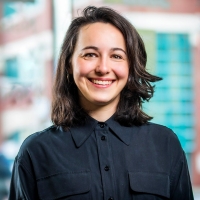Geneviève Grégoire-Labrecque is a PhD candidate in the Individualized Program (INDI). Her research examines the ways youth participation is understood, practiced, and experienced by youth and school staff in a youth-led and an adult-led school initiative on environment and climate change in two high schools in Montreal.
Recipient of a Nelson Mandela Award, her research is also supported by the Social Sciences and Humanities Research Council of Canada (SSHRC) and Concordia University. Prior to her PhD, she has worked on diversity, inclusion and on knowledge mobilization in education and in health care and social services and holds both a BSc (2010) and a MSc (2013) in Anthropology from Université de Montréal.
Geneviève is a member of the Child Rights Academic Network, the Canadian Coalition for the Rights of Children, a student member of the Centre de recherche en éducation et formation relatives à l’environnement et à l’écocitoyenneté, and an academic member for the North American Regional Children’s Environmental Rights Consultations for the UN Special Rapporteur on Human Rights and the Environment


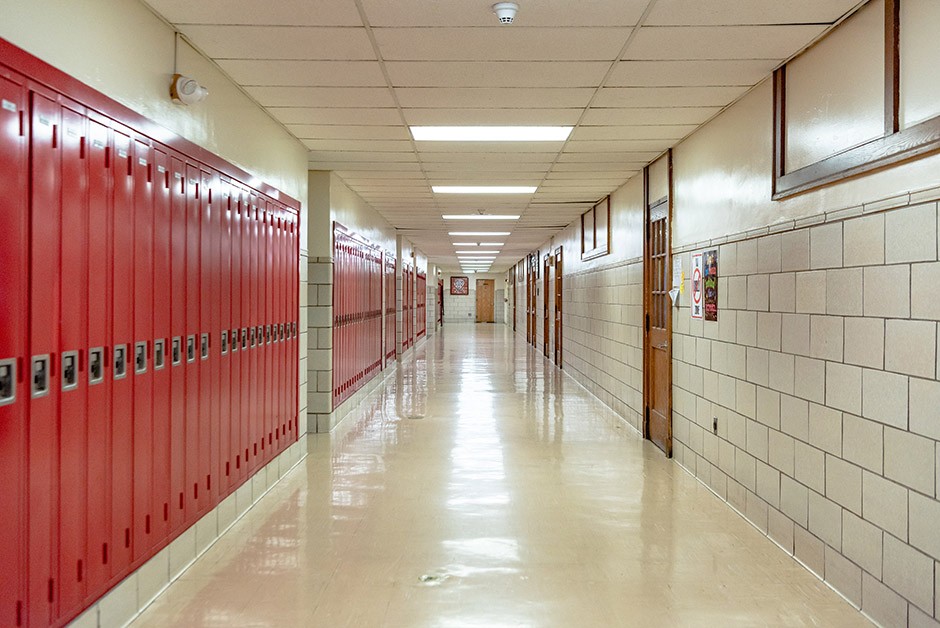 Credit: Rob Thomas - stock.adobe.com
Credit: Rob Thomas - stock.adobe.com
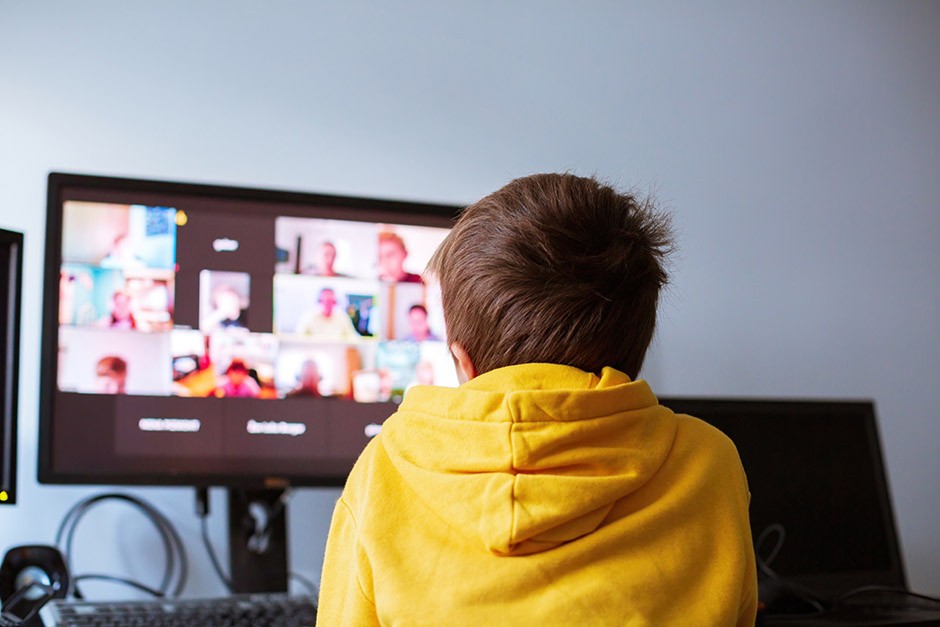 Credit: 24k-Production - stock.adobe.com
Credit: 24k-Production - stock.adobe.com
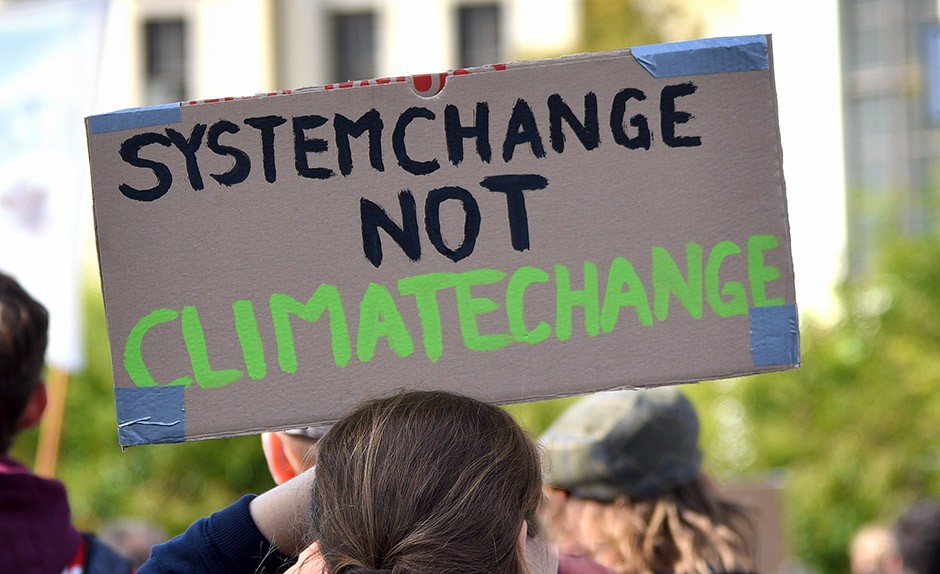 Credit: Thauwald-pictures - stock.adobe.com
Credit: Thauwald-pictures - stock.adobe.com
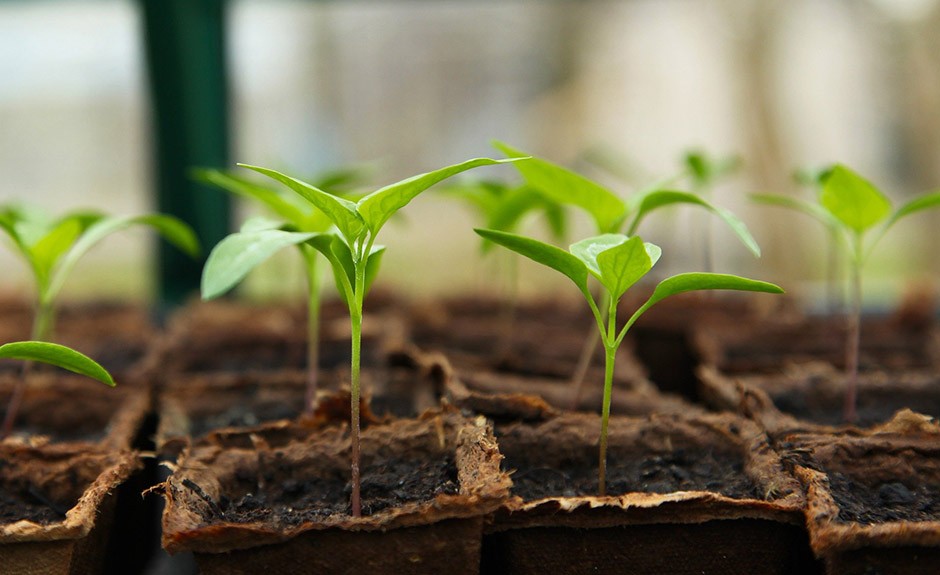 Credit: J. Garget from Pixabay
Credit: J. Garget from Pixabay
